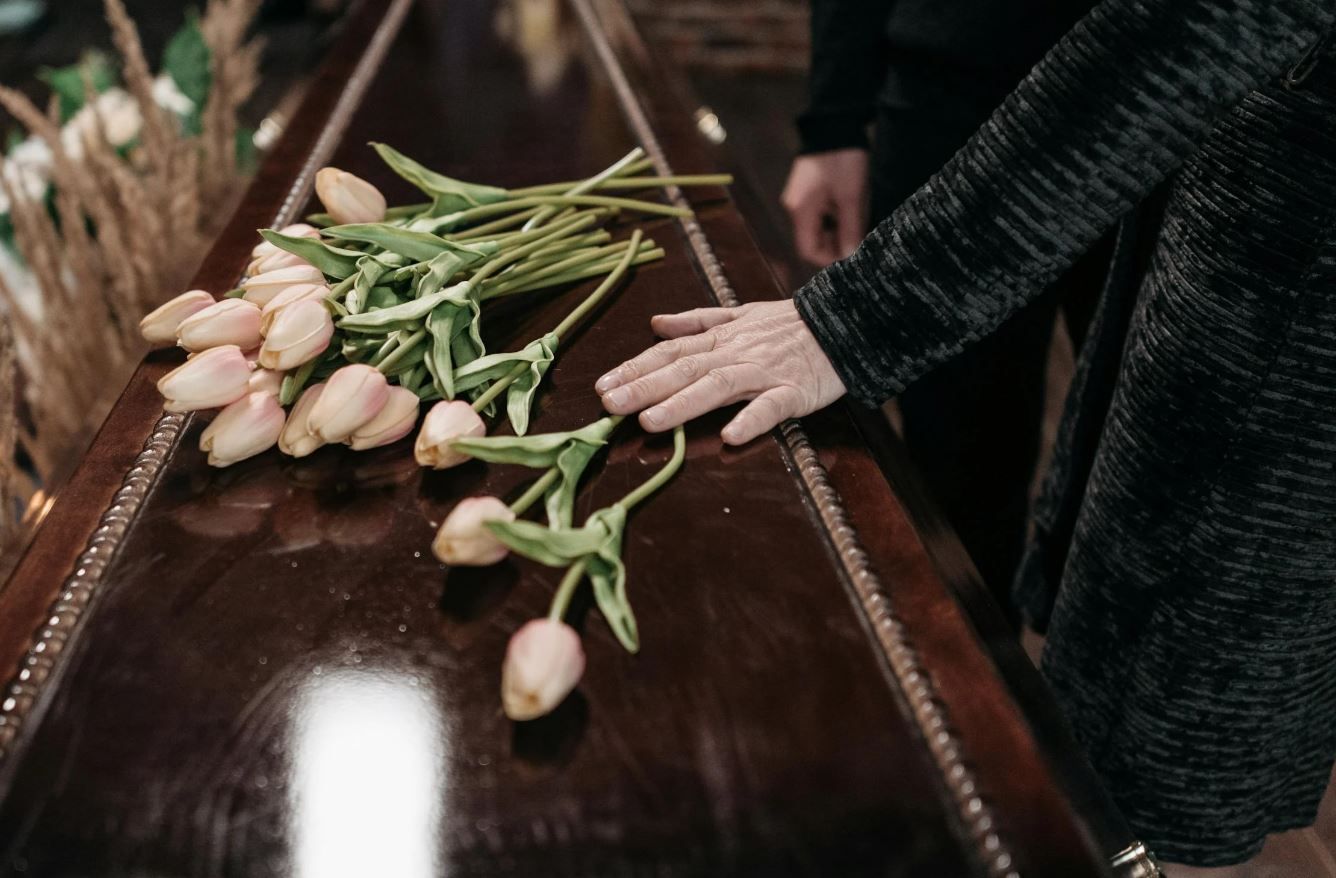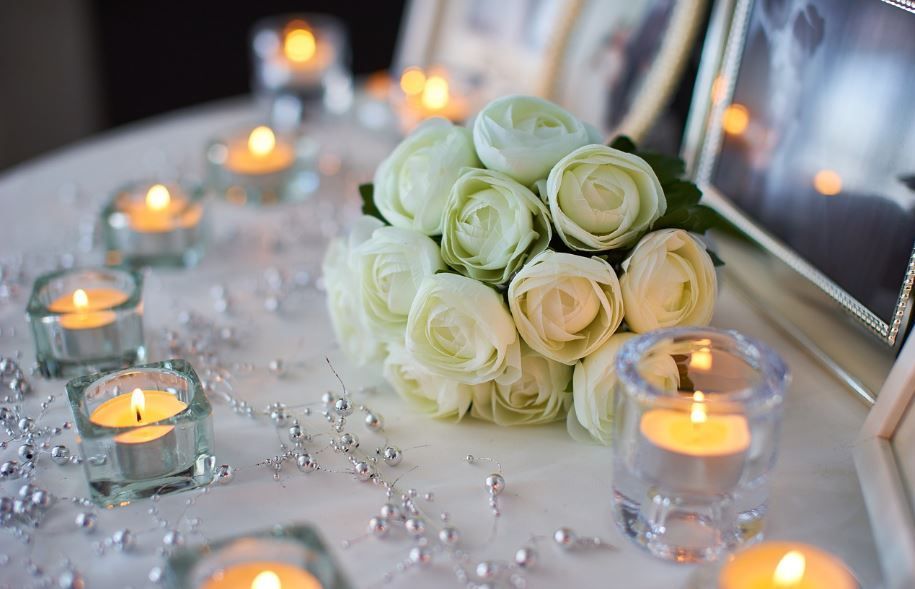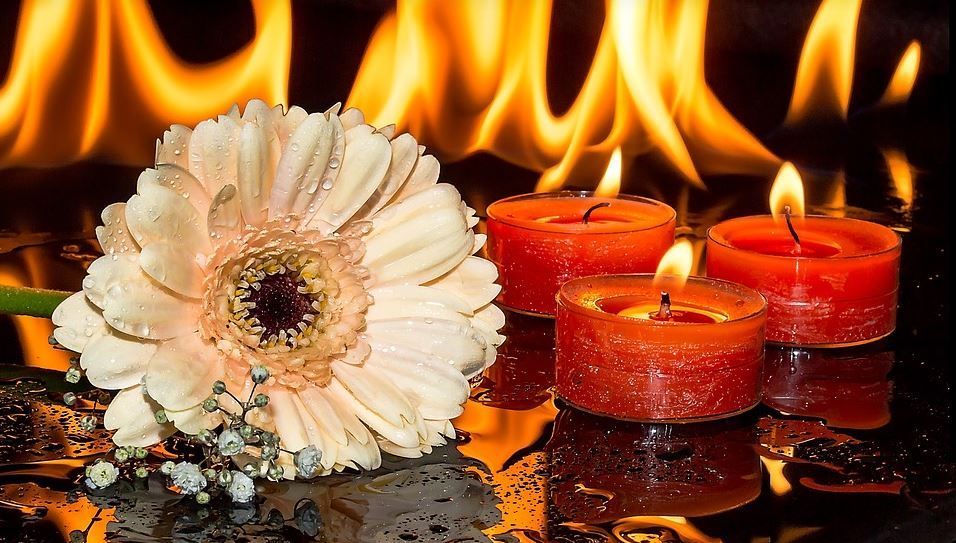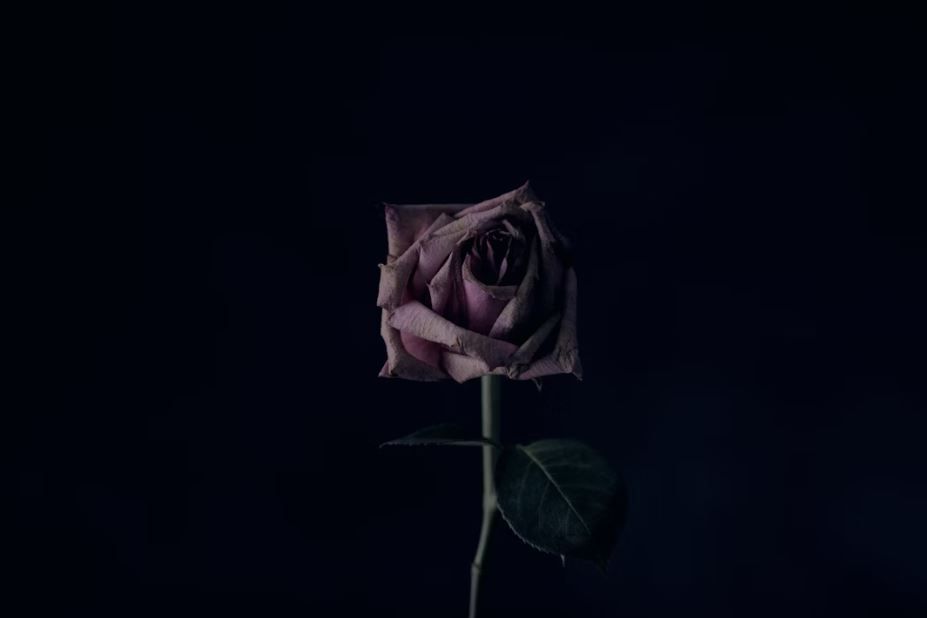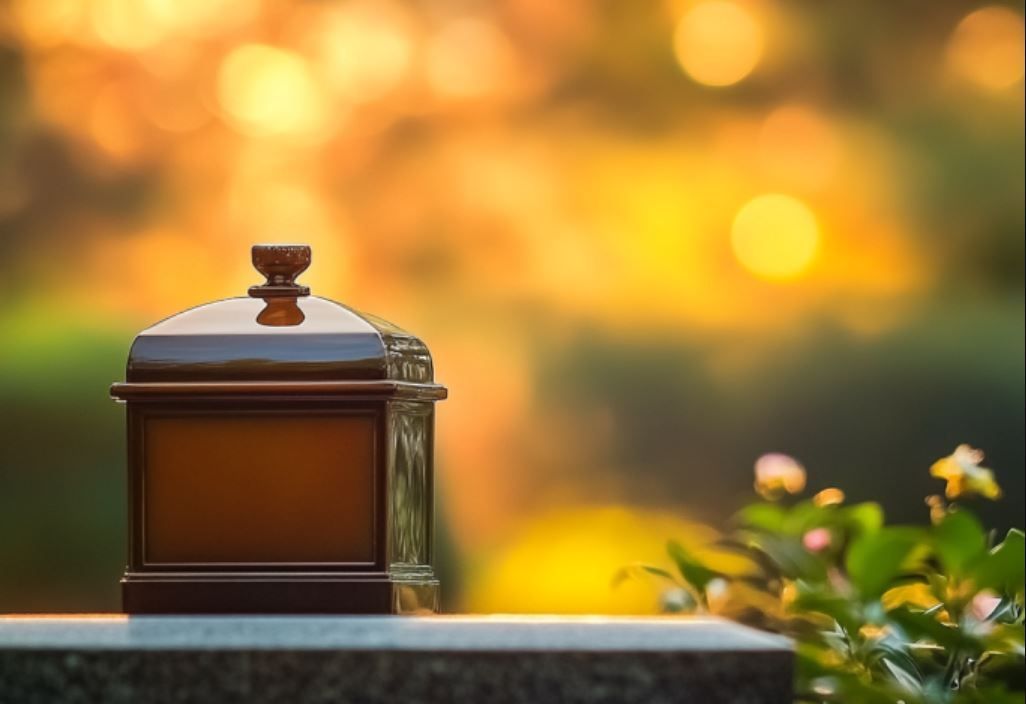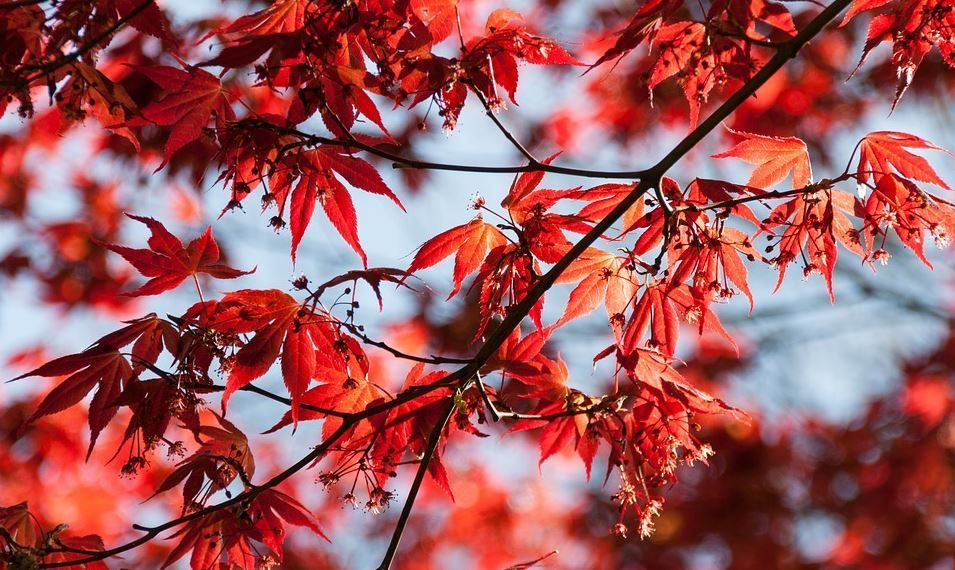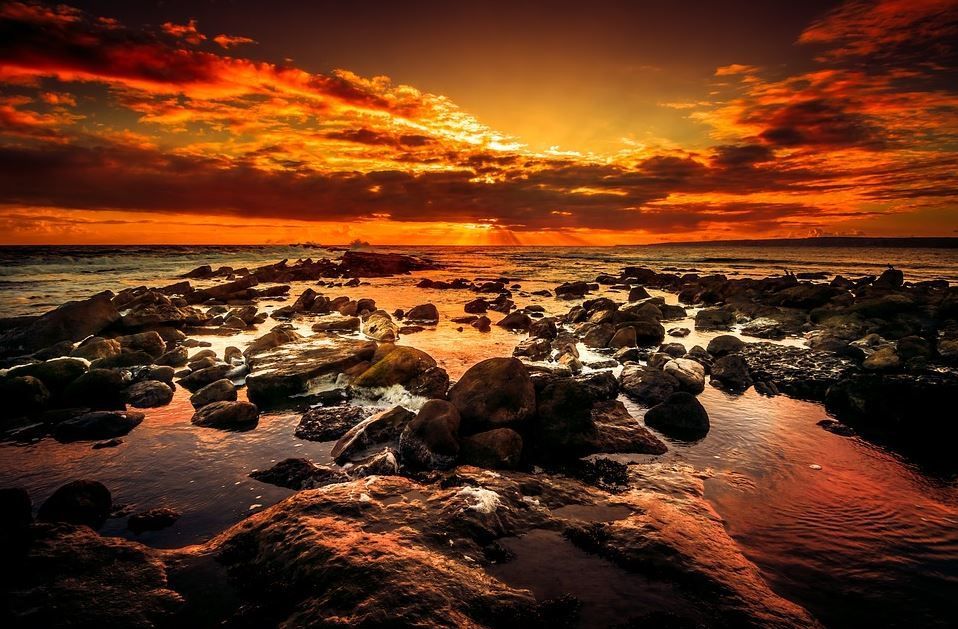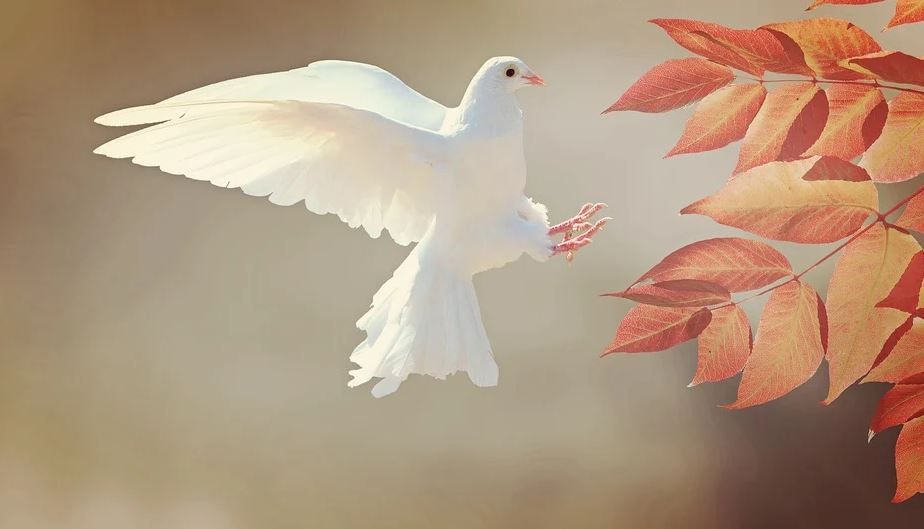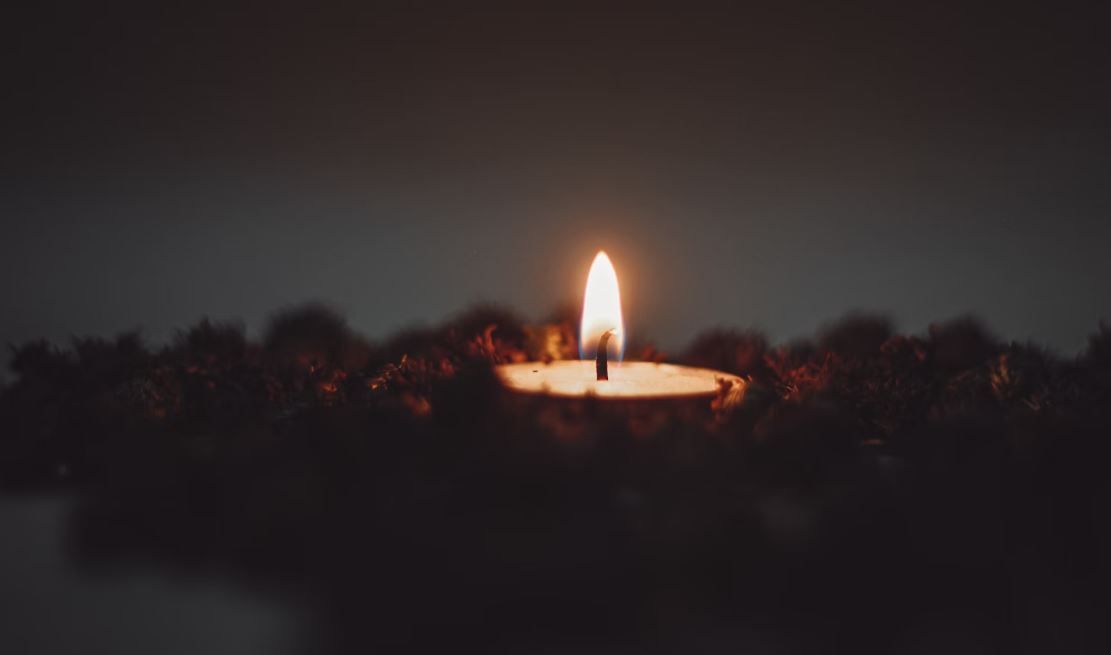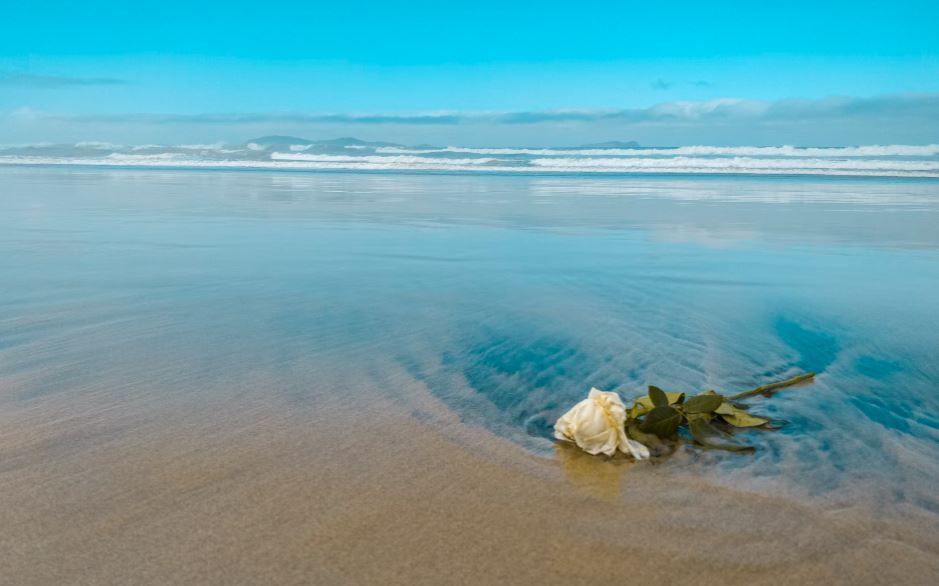Traditional Burials vs. Cremations: Making Informed Choices
In today's world, the way we say our final goodbyes has evolved. Traditionally, burials were the most common choice for laying our loved ones to rest. However, cremations have gained popularity as an alternative option. Both methods have their merits and drawbacks, and the decision between traditional burials and cremations can be a deeply personal one. Let's explore the factors to consider when making this important choice.
The Tradition of Burials
Honoring Tradition and Rituals
For centuries, traditional burials have been a cornerstone of human culture. They offer a sense of continuity with our ancestors and provide a physical place for family and friends to pay their respects. Funeral ceremonies, graveside services, and the act of placing the body in a casket are rituals that can provide comfort and closure to those left behind.
Cemetery Visits and Memorials
One of the significant advantages of traditional burials is the existence of cemeteries where loved ones can visit and reflect. Headstones and monuments serve as lasting memorials, allowing future generations to connect with their heritage. For many, this connection to a specific place brings solace and a sense of belonging.
Environmental Impact
However, it's essential to note that traditional burials can have environmental consequences. The land, resources, and materials required for cemeteries can be significant. Some cemeteries have implemented more sustainable practices, but this remains a concern for those who prioritize environmental considerations.
The Rise of Cremations
Flexibility and Personalization
Cremations offer flexibility in memorialization. Ashes can be kept in urns, scattered in meaningful locations, or even incorporated into memorial jewelry or art. This versatility allows families to create personalized tributes that reflect the unique life and personality of the deceased.
Lower Costs
From a financial perspective, cremations often cost less than traditional burials. This can be a practical consideration for families dealing with funeral expenses. Cremations generally require fewer services, such as embalming and purchasing a casket.
Environmental Considerations
Cremations are often viewed as more environmentally friendly than traditional burials, primarily due to the reduced land use and lack of embalming chemicals. However, it's essential to research the environmental impact of the cremation process itself, as it involves high temperatures and energy consumption.
Making an Informed Choice
When deciding between traditional burials and cremations, there are several factors to consider:
Personal Beliefs and Cultural Traditions
Your personal beliefs and cultural background may heavily influence your choice. Some religions have specific guidelines for burial practices, while others are more flexible. It's crucial to respect the wishes and beliefs of the deceased and their family.
Emotional Needs
Consider the emotional needs of the grieving process. Some people find comfort in visiting a physical gravesite, while others may prefer to keep ashes close in an urn. Think about what will bring the most comfort and closure to your family and friends.
Environmental Values
If environmental concerns are a priority, research eco-friendly options within both traditional burials and cremations. Some cemeteries offer natural or green burial sections, and cremation providers may have eco-conscious alternatives.
Conclusion
The choice between traditional burials and cremations ultimately depends on your unique circumstances, beliefs, and values. There is no one-size-fits-all answer. It's essential to explore both options thoroughly, considering the emotional, cultural, and environmental aspects. Ultimately, the goal is to create a meaningful and respectful farewell that honors the life of your loved one.
FAQs
Q1: Are cremations less expensive than traditional burials?
Cremations often cost less due to fewer required services, such as embalming and caskets. However, prices can vary depending on location and specific choices.
Q2: How can I personalize a cremation memorial?
Cremation memorials can be highly personalized. You can choose from a variety of urns, create memorial jewelry, or scatter ashes in meaningful locations.
Q3: Are traditional burials more environmentally friendly than cremations?
Traditional burials can have a significant environmental impact due to land use and embalming chemicals. However, eco-friendly options are available within both traditional burials and cremations.
Q4: Can I combine elements of both traditional burials and cremations?
Yes, you can create a hybrid approach that incorporates elements of both methods. For example, you could have a traditional burial with a cremation urn placed in the same cemetery plot.
Q5: What religious considerations should I be aware of when making this choice?
Religious beliefs can significantly impact the choice between traditional burials and cremations. It's essential to consult with religious leaders or advisors for guidance that aligns with your faith.


